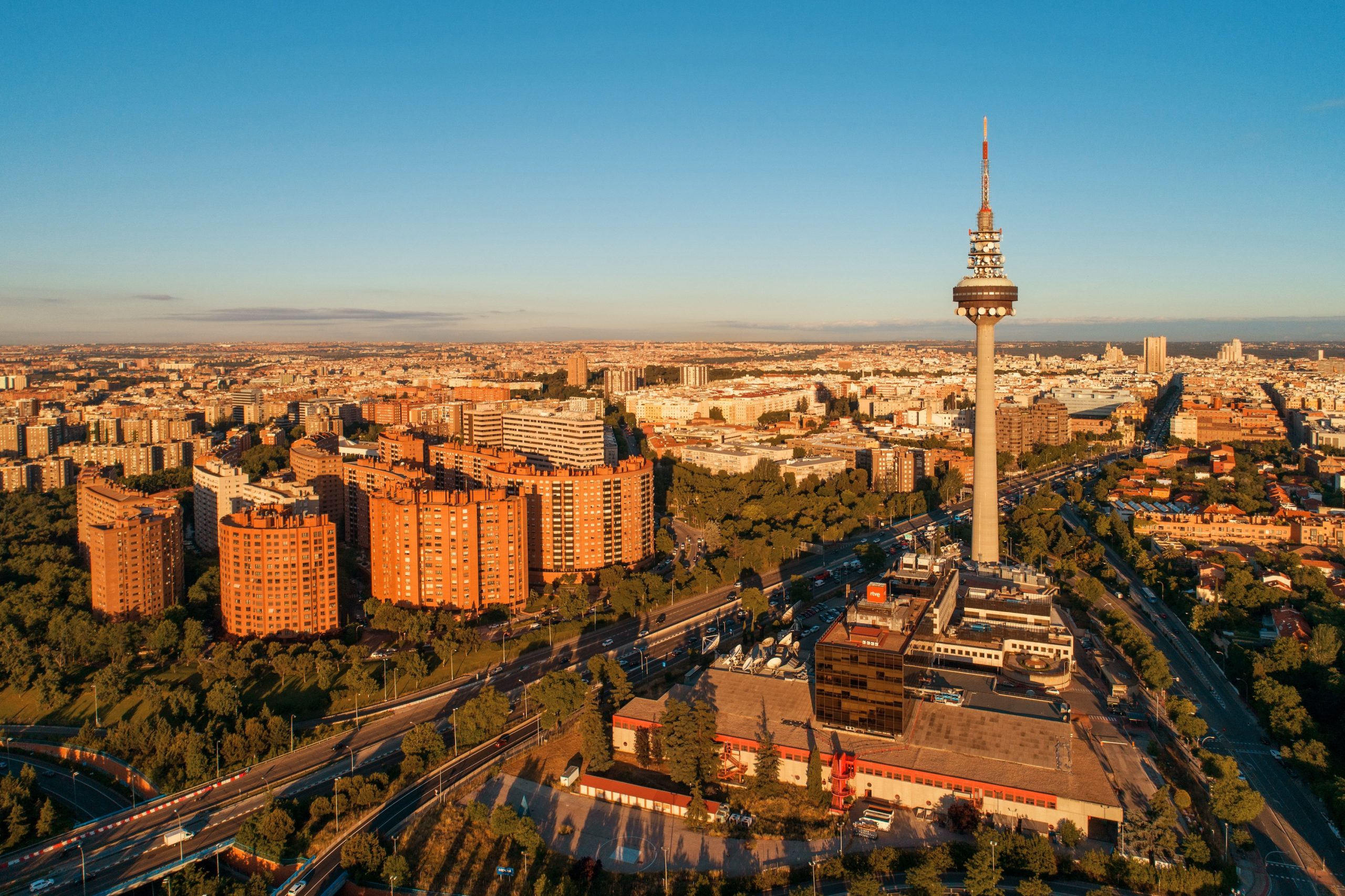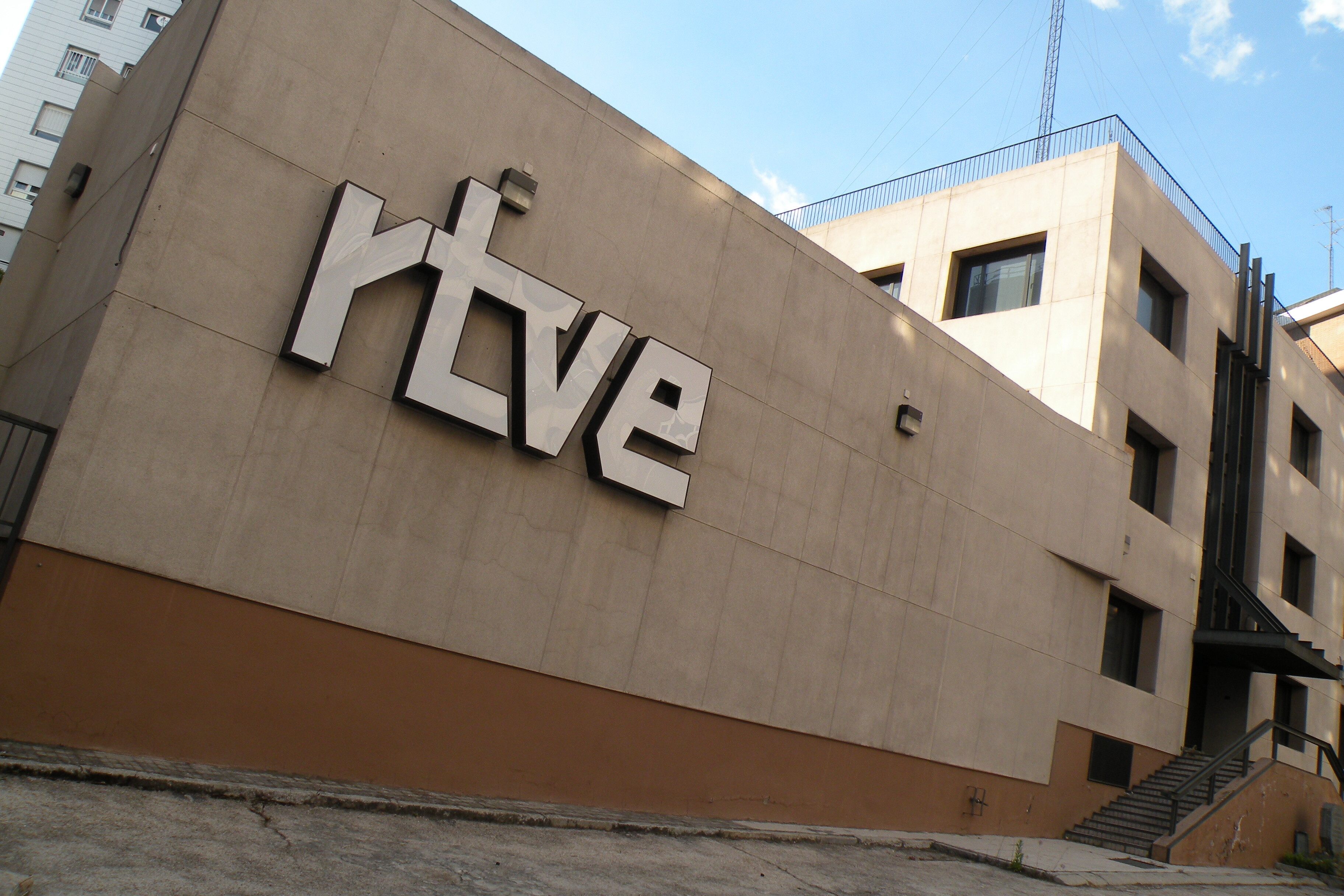Rising debt, proposed budget cuts, and a call for more stable funding highlight the continued financial pressures facing Spanish public broadcaster RTVE.
RTVE has long been plagued by a worsening economic situation. In June, RTVE President José Manuel Pérez Tornero said the public broadcaster lost €31.6 million in 2020 compared to €29.6 million in 2019. At the time, he admitted RTVE was not “endowed as a global entity either in terms of per capita income of the countries or in terms of personnel spending”. In response to the funding troubles, Tornero said that the board had approved a request for its own credit to the sum of €126 million while more effective budget management was also planned.
However, RTVE may soon be faced with another roadblock: a possible cut in the state’s annual contribution. El Confidencial Digital (ECD) reports that the General State Budget (PGE) bill for 2022 proposed a 6.3 percent reduction in state contribution to the RTVE Corporation. This year’s proposed contribution is €443 million compared to last year’s €473 million, ending the trend of RTVE’s increasing annual budget. RTVE’s budget was increased in 2021 by 25.1% to accommodate transmission rights and production related to the 2020 Summer Olympics, while in 2020 it received a 9.5% budget increase.
The news of the potential budget cut comes on the tail end of a government approved capital reduction of €122.4 million for RTVE. The reduction aims to restore the balance between RTVE’s capital stock and its net worth, which has declined over time due to losses in previous years.
It also follows calls for more stable funding. Recently, the Economic and Social Council of Spain (CES) stressed that RTVE needs “sufficient, stable, and sustainable financing”, catered for in a new RTVE Framework Mandate. A similar call for stable funding and the renewal of the Framework Mandate was made by former administrator Rosa María Mateo, who had emphasised the link between stable funding and independence.
Meanwhile, RTVE continues to accumulate significant debt. While the accumulated debt in the first quarter of 2021 was €184.1 million, this figure rose to €363.8 million by the end of June. A significant portion of the RTVE Corporation’s debt comes from unresolved VAT. “It still hangs over our heads and this, therefore, can increase much more,” Tornero said in late September. The Spanish Government expects that the broadcaster’s debt will rise to €588 million by the end of the 2022 fiscal year.
Elsewhere in RTVE
Beyond grappling with its finances, RTVE is also undergoing changes elsewhere within the organisation.
On a positive note, the broadcaster launched ‘The Great Consultation’ in late August, a campaign that aims to discover what citizens expect of it as a public service. Audiences were invited to comment on what content RTVE should offer, whether it should purchase expensive broadcast rights for sporting events, and how the organisation can contribute to Spain’s cohesion. “We want to push civil society…and maintain a truly two-way dialogue…We understand that we are the ones who have to go out on the streets and win back the Spanish people, so that they can feel RTVE as theirs again,” María Eizaguirre, Director of Communication and Participation, said.
In September, RTVE appointed María Escario as Hearing Defender – an ombudsman responsible for hearing the public complaints, suggestions, and claims. Escario has since said that RTVE must better explain its function and role to the public.
But RTVE has also come under fire from its TV News Council for the apparent “[fattening] of the management structure”. In May, RTVE’s board of directors unanimously approved the restructuring of the corporation’s organisational chart and the appointment of top-level managers. The new structure completely removed the directorships of TVE (RTVE’s television division) and RNE (the radio division) and instead launched an audiovisual department to assume their functions.
In a statement released on Monday, the TVE News Council accused RTVE’s management of failing to communicate changes to the organisational chart, such as the creation of new positions. The TVE News Council emphasised that in contrast, the newsroom, technical areas, and photojournalism department remained increasingly understaffed. The Council further said that there were enough levels of management and existing staff to handle the tasks and responsibilities assigned to newly created roles.
“To our knowledge, the changes made to the organisation chart are neither clear nor justified. First of all, because it fattens the management structure. If we are allowed verbal license, we would say that every time we have “more skippers and fewer sailors”,” the council said.
El nuevo organigrama de Informativos engorda la estructura directiva. Hay puestos de nueva creación que, a nuestro entender, no tienen funciones claras ni justificadas. pic.twitter.com/bYDGAUYLSX
— Consejo de Informativos TVE (@CdItve) October 11, 2021
Meanwhile, RTVE’s News Councils have thrown their support behind the nearly 300 “temporary substitutes” working at the public broadcaster. The Federation of Associations of Journalists of Spain (FAPE) has also demanded a solution for the workers, saying that a new law on public administration that aims to reduce the abuse of temporary employment could leave them unemployed if it is not reformed.
“Some of these interns have chained temporary contracts for more than 13 years, because in that period of time RTVE has not called oppositions. In some areas of the newscasts, there are a majority of temporary workers,” FAPE said. The News Councils maintain that the temporary workers are essential for RTVE’s stability and normal functioning.
Header Image: RTVE building in Madrid. Credit: Pedro Cambra/Creative Commons
Related Posts
1st April 2021
RTVE: Questions of independence remain despite new board
RTVE has installed a new board after…
29th January 2021
Spain: RTVE management issues remain unresolved amid financial concerns
Three years after Congress approved a…

